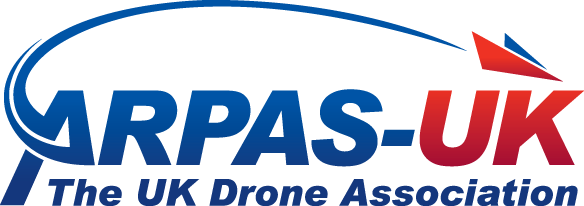ARPAS-UK has responded to the questions set out in Appendix A of the Aviation 2050 Consultation and will be attending this seminar to engage further with key stakeholders, noting that with the exception of NESTA, there are no other drone companies registered to attend.
ARPAS-UK engages with the UK Government and the Civil Aviation Authority to achieve parity with other air users, protect the drone industry and support it as it grows. We do this in a responsible manner, engaging in the appropriate forums.
********
This conference focuses on priorities for the UK aviation sector and will take place on April 30th 2019.
It will bring together stakeholders with policymakers as the Government is due to be finalising its aviation strategy white paper, following the publication of the Aviation 2050 consultation and green paper.
Delegates will assess the infrastructure challenges for growing the sector – in light of the Government’s Airports National Policy Statement, which outlines the preference for a third runway at Heathrow.
Sessions will also examine the priorities for improving airport accessibility following the latest CAA annual airport accessibility report, which outlined improvements made by UK airports over the previous twelve month period, as well as concerns that airlines have not put guidelines for funding assistance services at airports in place.
They will also consider what is needed to support regional airports, including potential opportunities for increasing regional flights, as well as improving surface transport connections to airports across the UK. Discussion also follows further government proposals on the opportunities for utilising spare capacity and existing runways across the UK, provided that growth does not lead to carbon emissions exceeding UK climate change commitments.
Attendees will examine the future of airspace management – including the next steps for innovation and collaboration between operators and airports, as well as the priorities for adapting to new technologies such as drones, particularly following the recent disruptions at UK airports.
Further sessions will look at options for tackling the challenges facing industry in opening new competitive markets for passenger services and freight, and the role of enablers for developing further opportunities.
Discussion is also expected on the environmental challenges and concerns associated with increased airport growth and potential new routes, such as air quality, carbon emissions and noise pollution.

